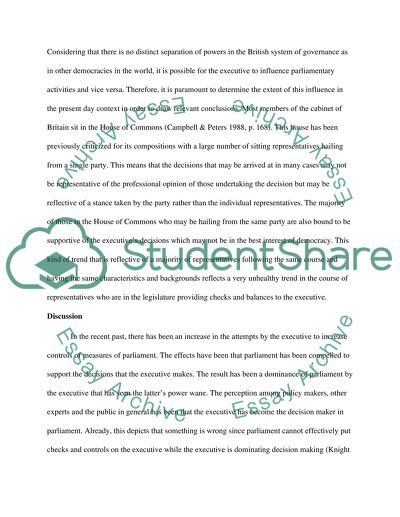Cite this document
(“Role of Parliament in the British Government Essay”, n.d.)
Retrieved from https://studentshare.org/history/1440989-role-of-parliament-in-the-british-government
Retrieved from https://studentshare.org/history/1440989-role-of-parliament-in-the-british-government
(Role of Parliament in the British Government Essay)
https://studentshare.org/history/1440989-role-of-parliament-in-the-british-government.
https://studentshare.org/history/1440989-role-of-parliament-in-the-british-government.
“Role of Parliament in the British Government Essay”, n.d. https://studentshare.org/history/1440989-role-of-parliament-in-the-british-government.


